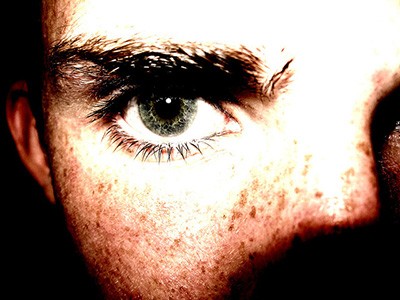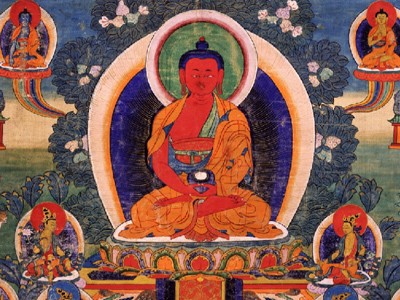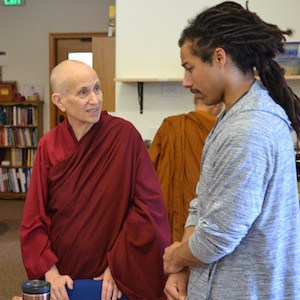Waking up to dealing with my anger

In life there is exposure to objects that we perceive as inviting anger. It is part of the suffering of samsara. Anger is proven to create even more suffering—in ourselves and in others. For countless lifetimes we have been demonstrating that anger at politicians, criminals, our neighbors and friends. This does not lessen suffering; it increases it.
I have had more than my fill of my own anger. It has caused grief for myself and others. It has led to many years of depression fueled by anger at myself. Eventually, I was guided to see that the choice to be angry was my own. I could choose to not be angry. It would take some real skillful means and lots of practice to put some of that well-habituated response in another direction.
The only way long-term positive change will occur is to bring about change in myself. My mind creates my experience. I sow the causes and conditions of my suffering. I can sow the causes and conditions for love and happiness. It is up to me.
I need to see all the good that happens each day, and I need to see the opportunity for compassion in the bad that happens. Suffering needs my compassion. It will not benefit from my anger. For every driver that fails to signal, there are many I fail to notice when they follow the rules of the road. Being angry at the one person who crowds in a line prevents me from seeing the 20 others who are waiting their turn. Every day a politician makes a racist remark, there are thousands of people who go out of their way to help another being, regardless of race. That one remark that made me bristle was in a much larger conversation which I was enjoying.
I can open my heart to the opportunities to see all the good that is happening. This good is the causes and conditions for my bodhicitta. Or, I can close my heart, squint my eyes, and add to my own and others’ suffering. If I notice more of the good that is happening, I learn to see even more good. I begin to replace bad habit with skillful means. Observing others’ loving-kindness and compassion reinforces my own loving-kindness and compassion.
We do not need to wait until we attain Buddhahood to make the world a better place. Smiling and yielding to another driver may be the seed of kindness that will grow in that person’s day. Cheerfully offering another a place in line may ease their anxiety or mood. Noticing all the kindness of others across racial lines makes it easier to have compassion for a racist politician. Focusing on all the good in a conversation will make me less likely to knee-jerk at something unintentionally hurtful.
When reading a newspaper, I look at each headline and decide: a) I don’t need that downer, or b) this will make today a wee bit better. I keep Dharma material handy to read instead of bad news. I use that ever-present smart phone to listen to Bodhisattva Breakfast Corner instead of listening to bad news. If there isn’t a new BBCorner today, I have a several bookmarked. You know the ones you really want to or need to hear multiple times.
Changing myself is the only long-term way to bring about change. It is most important to open my heart to see all the good that never makes the newspaper or evening news. Suffering needs my compassion, not my anger. No one has ever benefited from my anger, including me. I have simply spread the misery around. It didn’t take much time to see that people benefit from my loving kindness, even me.
Anger passes after a while. But repeated practice of loving-kindness and step-by-step meditations on dependent arising and emptiness will eliminate anger at its root. I have much to learn, but at the simplest and early levels I understand that I sow most of my causes and conditions for my own experiences; that I can change an enemy to a friend or a friend into an enemy; and, thankfully none of us are solid or permanent—we will change. With some effort, we can ensure the change will be helpful.


